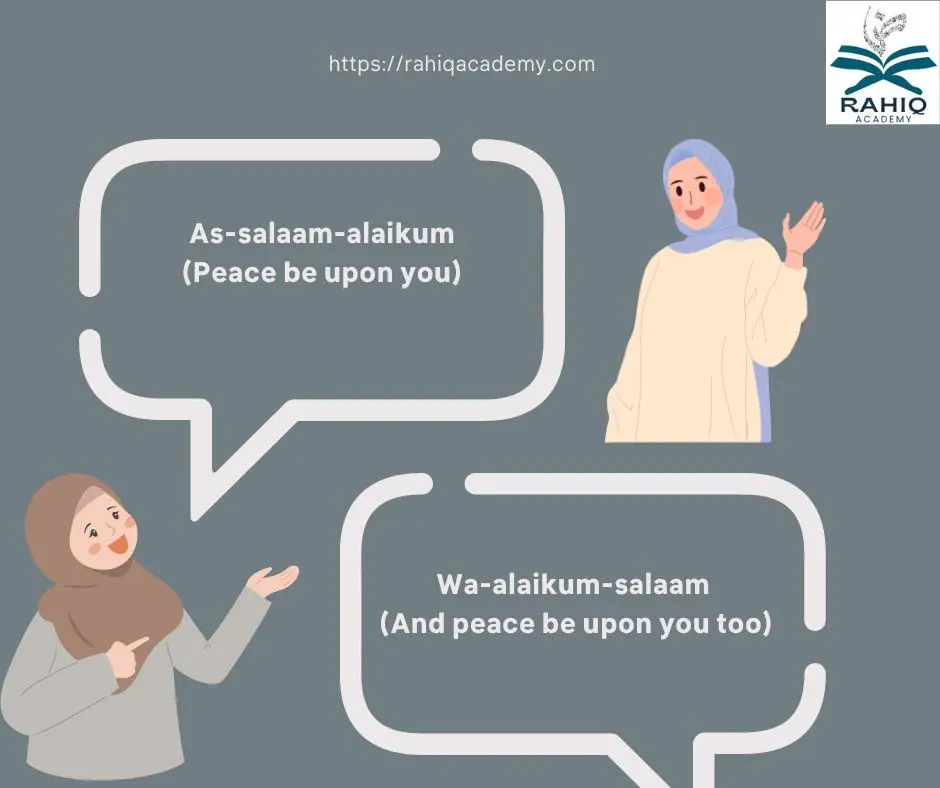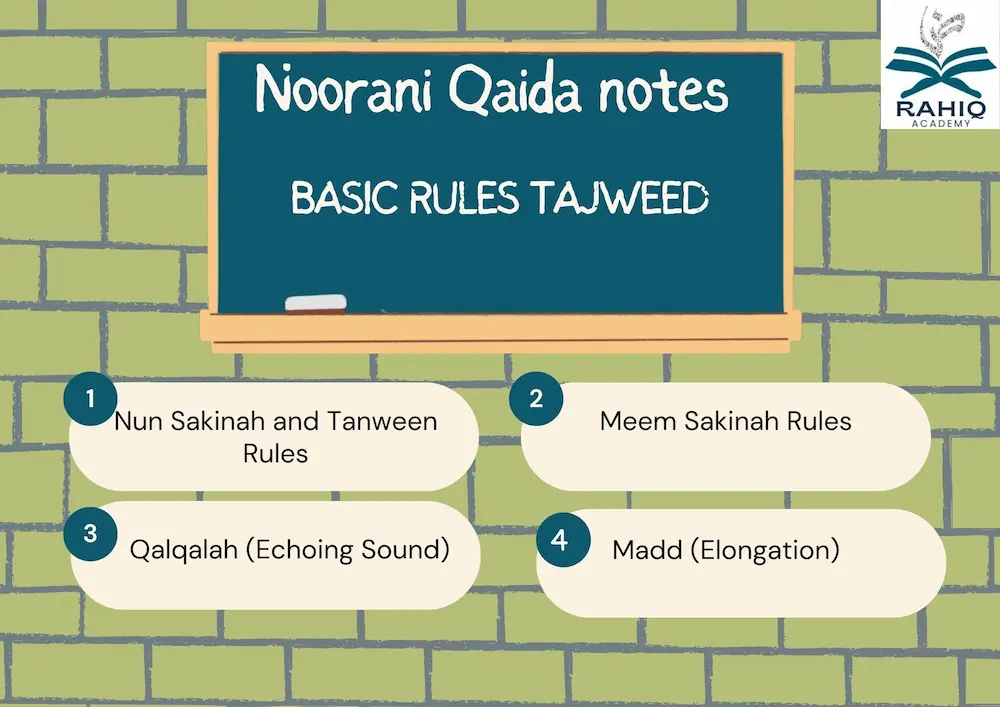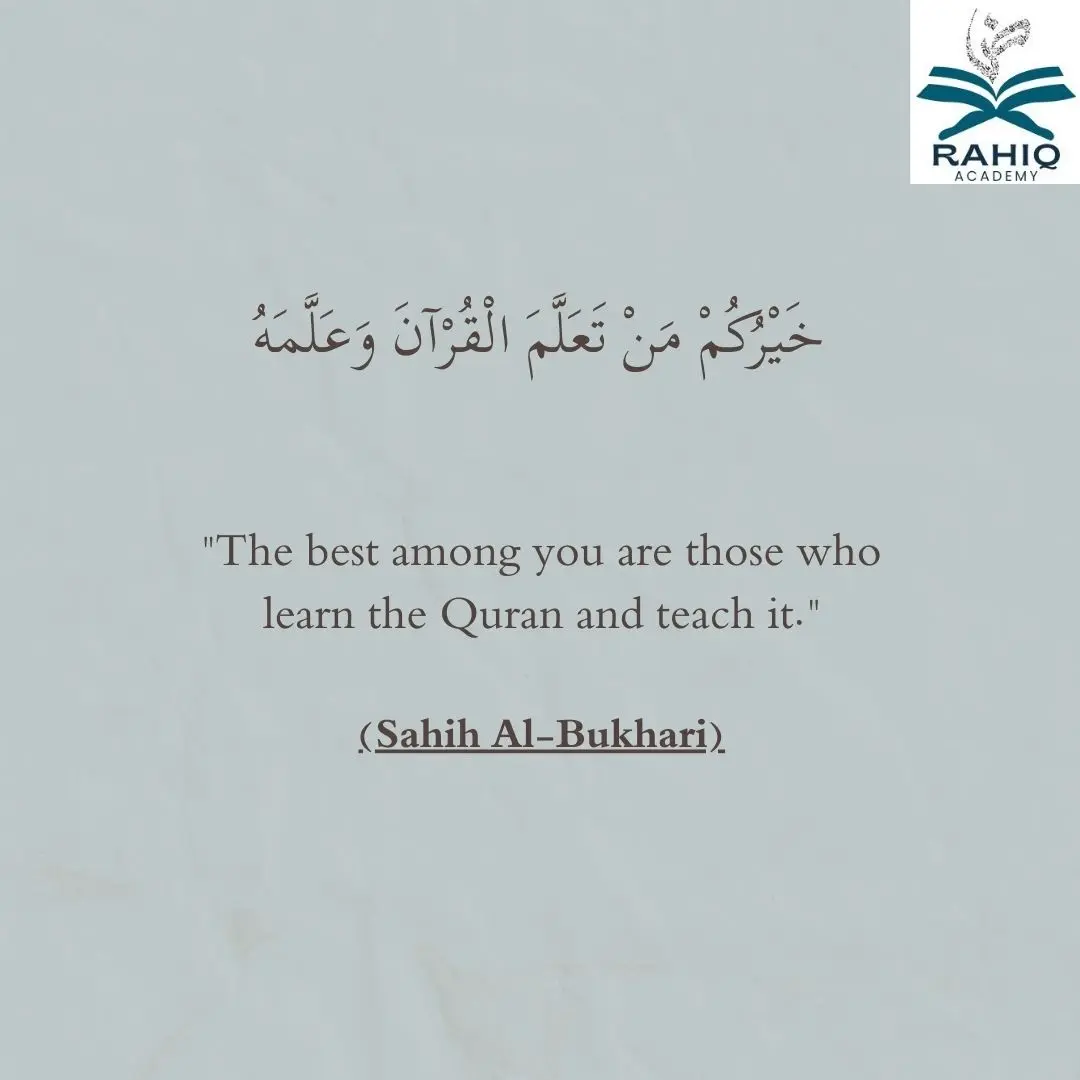In the pursuit of Islamic knowledge, one fundamental truth stands out: the Arabic language is the key to unlocking the depths of Quranic wisdom. As Allah states
“Indeed, we have sent it down as an Arabic Quran that you might understand.”
This divine declaration underscores the importance of Arabic language in understanding the Quran and comprehending the message of Islam. For Muslims worldwide, and indeed for anyone seeking to understand this faith, learning Arabic is not merely a linguistic pursuit but a spiritual journey that enhances one’s connection to the primary source of Islamic guidance.
Discuss the influence of Islam on Arabic language
Discuss the influence of islam on Arabic language ,The relationship between Islam and Arabic is symbiotic, with each profoundly influencing the other. While Arabic predates Islam, the advent of the religion significantly elevated the language’s status and contributed to its development in numerous ways:
- Preservation and Standardization: The revelation of Quran in Arabic led to concerted efforts to preserve the language in its purest form. This resulted in the standardization of Arabic grammar and vocabulary, ensuring consistency across different regions.
- Vocabulary Expansion: Islam introduced new religious and spiritual concepts, enriching Arabic vocabulary. Terms related to Islamic jurisprudence, theology, and ethics became integral parts of the language.
- Linguistic Prestige: As the language of Quran, Arabic gained immense prestige among Muslims worldwide. This elevated status encouraged non-Arab Muslims to learn and adopt Arabic, leading to its spread beyond the Arabian Peninsula.
- Script Development: The need to accurately record and transmit Quran led to the refinement of the Arabic script. Diacritical marks were introduced to ensure proper pronunciation and understanding of the text.
- Literary Renaissance: Islamic scholarship sparked a renaissance in Arabic literature, particularly in poetry, prose, and scientific writing. This flourishing of literature further developed the language’s expressive capabilities.
Prophet Muhammad (peace be upon him) emphasized the importance of Arabic, as reported in a hadith:
Love the Arabs for three reasons: because I am an Arab, the Qur’an is Arabic, and the speech of the people of Paradise is Arabic.
“Love the Arabs for three reasons: because I am an Arab, the Quran is in Arabic, and the language of the people of Paradise is Arabic.” (Al-Tabarani)
While the authenticity of this hadith is debated among scholars, it reflects the high regard for Arabic in Islamic tradition.
Learning Basic Arabic Conversation

Learning Basic Arabic Conversation is a crucial first step for those embarking on their Arabic language journey. Here are some essential phrases to get you started:”
- Greetings:
- As-salaam-alaikum (Peace be upon you)
- Response: Wa-alaikum-salaam (And peace be upon you too)
- Basic Phrases:
- Thank you
- Afwan (عفوا) – You’re welcome / Excuse me
- Min fadlak/fadliki (please) – Please (male/female)
- Introducing Yourself:
- Ismi [Your Name] (اسمي [Your Name]) – My name is [Your Name]
- Ana min [Your Country] (أنا من [Your Country]) – I’m from [Your Country]
- Essential Questions:
- Ayna…? (أين…؟) – Where is…?
- Mata…? (When…?)
- Kam…? (كم…؟) – How much/many…?
Practice these phrases regularly and seek opportunities to use them in conversation to build your confidence and fluency.
Arabic Grammar Rules for Beginners
Understanding basic Arabic grammar is essential for anyone learning the language, particularly those aiming to read and comprehend the Quran. Here are some Arabic grammar rules for beginners to get you started:
- Sentence Structure: Arabic typically follows a Verb-Subject-Object (VSO) order, unlike English’s Subject-Verb-Object (SVO) structure.
- Gender: In Arabic, nouns are either masculine or feminine, affecting adjectives, verbs, and pronouns.
- Definite and Indefinite Articles: The definite article “the” in Arabic is ال (al-) prefixed to the noun. There is no indefinite article; nouns without ال are considered indefinite.
- Plural Forms: Arabic has three number categories: singular, dual, and plural. The dual is formed by adding ان (-aan) or ين (-ayn) to the singular, while plurals can be regular or irregular.
- Verb Conjugation: Arabic verbs are based on three-letter roots and are conjugated for person, gender, and number.
- Cases: Arabic has three cases (nominative, accusative, and genitive) that affect the endings of nouns and adjectives.
Mastering these grammar rules will provide a strong foundation for understanding Quranic Arabic.
Noorani Qaida notes basic rules Tajweed

The Noorani Qaida is a fundamental text used to teach the basics of Quranic recitation, focusing on proper pronunciation and the rules of Tajweed. Noorani Qaida notes basic rules Tajweed and is a valuable resource for learning these essential principles. Tajweed refers to the set of rules governing the correct pronunciation of the Quran.
Some basic Tajweed rules include:
- Nun Sakinah and Tanween Rules: Including Izhar (clear pronunciation), Idgham (merging), Iqlab (conversion), and Ikhfa (hiding).
- Meem Sakinah Rules: Including Idgham Shafawi, Ikhfa Shafawi, and Izhar Shafawi.
- Qalqalah (Echoing Sound): Applied to five letters (ق ط ب ج د) when they have a sukoon or at the end of a word.
- Madd (Elongation): Rules for elongating certain sounds in recitation.
The importance of Tajweed is emphasized in the Quran:
And recite the Qur’an with measured recitation.
“And recite the Quran with measured recitation.”
Proper Tajweed ensures that the Quran is recited as it was revealed to Prophet Muhammad (peace be upon him), preserving its authenticity and enhancing the spiritual experience of recitation.
The Path to Quranic Understanding
 Quranic Understanding
Quranic Understanding
The Path to Quranic Understanding is a journey that requires dedication, patience, and consistent effort. Mastering Arabic for Quranic understanding is a journey that requires dedication, patience, and consistent effort. The rewards, however, are immeasurable. As you progress in your Arabic studies, you’ll find yourself connecting more deeply with the Quran, understanding its nuances, and experiencing its miraculous nature firsthand.
Remember the words of the Prophet Muhammad (peace be upon him):
“The best among you are those who learn the Quran and teach it.”
FAQ
Q:What is the Best Way to Learn Arabic Grammar?
Learning Arabic grammar effectively requires a structured approach and regular practice
- Begin with Core Grammar Concepts
- Focus on foundational elements like noun forms, verb conjugations, and sentence structure.
- Start with basics such as pronouns and simple verb tenses to build a strong base.
- Enroll in a course that prioritizes grammar fundamentals,
- Consistent Practice
- Observe Real-Life Usage
Q:Is Arabic Grammar Hard?
A:Arabic grammar has unique rules that may seem challenging at first, but it becomes more manageable with consistent effort and a structured approach.
Q:How Long Does It Take to Master Arabic Grammar?
A:Mastering Arabic grammar depends on your study habits and goals, but here’s a general timeline:
- Basic Proficiency: Most learners can understand the basics of Arabic grammar within 3–6 months with regular study.
- Intermediate Proficiency:, usually takes 6 months to a year.
- Advanced Mastery: Full mastery, particularly if you aim to read and write at a high level, may take 1–2 years.
Q:What is نحو (Nahw) in Arabic Grammar?
A:نحو (Nahw) is a branch of Arabic grammar focused on syntax, which is the structure and arrangement of words in sentences. Key areas covered
Q:What is the Best Way to Learn Conversational Arabic?
To effectively learn conversational Arabic, focus on listening and speaking skills.
- Immerse in Arabic Media
- Practice Speaking Regularly
- Use Language Learning Apps
- Engage with a Language Partner
- Take a Conversational Course
Q:How Can I Improve My Arabic Communication Skills?
- Improving your Arabic communication skills involves regular listening and speaking practice.
- Listen Daily
- Expand Vocabulary.
- Speak Often
- Record and Listen to Yourself
- Incorporate Arabic into Daily Life
Q:How Long Does It Take to Become Conversational in Arabic?
A:The time required to become conversational in Arabic depends on your commitment and practice frequency
- Basic Conversational Skills With regular practice conversational ability in 3–6 months.
- Intermediate Conversational Skills: often takes 6–12 months.
- Achieving fluency for more complex conversations may take a year or more
Q:How to Have a Basic Conversation in Arabic?
To engage in basic Arabic conversation, start with phrases that are commonly used in everyday settings Like greetings
Practicing these phrases will enable you to navigate common situations, helping you lay a foundation for more in-depth conversations.
Concolusion
By learning Arabic, you’re not only enriching your own understanding but also preparing yourself to share this knowledge with others, contributing to the preservation and propagation of Quranic wisdom.
For those seeking to embark on this rewarding journey, RAHIQ Academy offers comprehensive courses in Arabic language and Quranic studies.
Their expert instructors and carefully crafted curriculum provide an ideal environment for learners at all levels to develop their Arabic skills and deepen their understanding of Quran.
Visit RAHIQ Academy to explore their range of courses and take your first step towards mastering Arabic for Quranic understanding. Whether you’re a complete beginner or looking to refine your existing skills, RAHIQ Academy has a program tailored to your needs.
Remember, the journey of a thousand miles begins with a single step. Start your Arabic learning journey today, and open the door to a deeper, more profound understanding of the Quran and Islam.


 Quranic Understanding
Quranic Understanding

